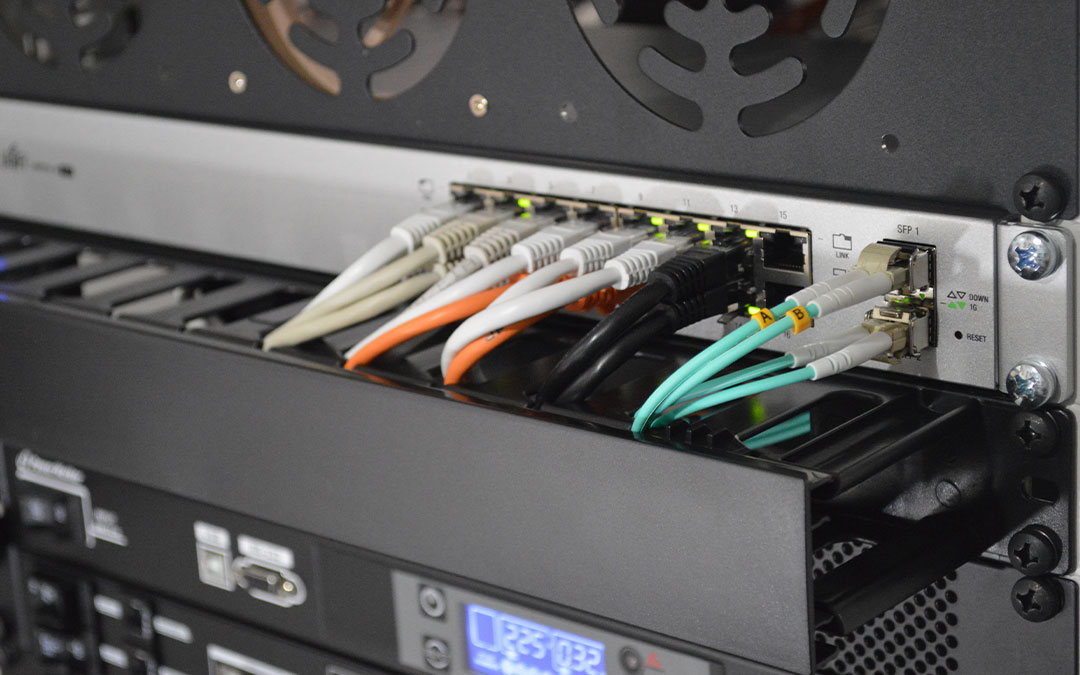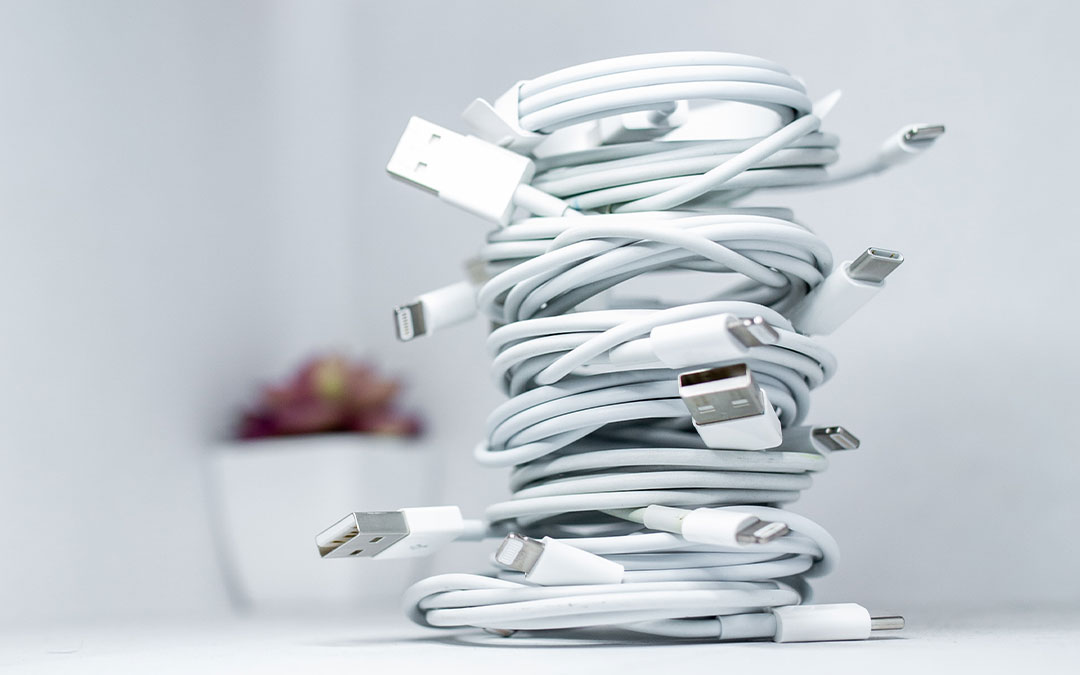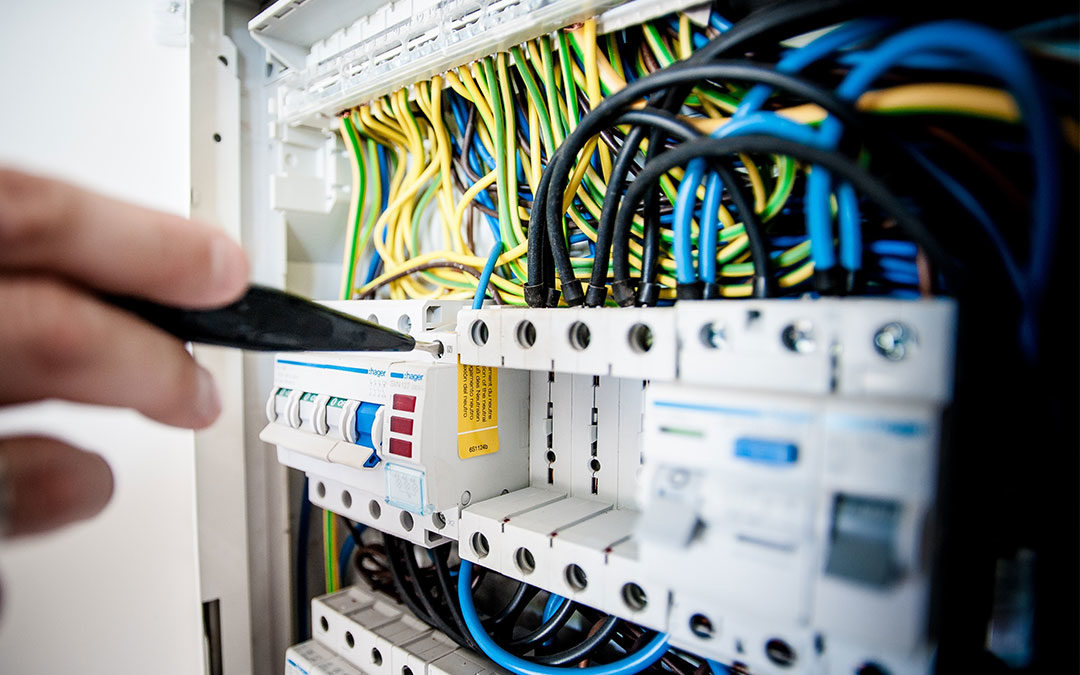Recycle Network Equipment in Toronto
Millions of tons of consumer electronics are recycled each year. A large part of all of the gear that gets recycled comes from companies that employ a large workforce and have a large data network. Some examples of scrap network gear are:
- Modems
- Hubs
- Bridges
- Routers
- Switches
- Repeaters
- Network Cards
Recycling Process
We recycle network equipment using a several step process. First, we separate all of the items according to material construction and type. We then separate all of the metal from the plastic parts. We remove any printed circuit boards and any other loose materials. This can include processors, memory, power sources, hard drives and wire.

White and Red Metal
White metals are bright alloys used in the manufacture of ornaments and silverware. They also include any tin or lead-based alloys used for fusible plugs, jewellery and bearings. Some white metals fall into the zinc, bismuth, cadmium, lead, and tin categories (some of which can be toxic). Not all of these types of metals are found in white metal alloys.
Red metal is a term used for common alloys like brass, bronze and copper. They all retain a certain reddish colour, hence the name. Even though they all share a certain hue, they are all quite different regarding quality and composition.
The Shredder
Once the materials have been separated, they are placed in a shredder. It breaks down the networking material into more manageable pieces. We recover valuable materials in this process. We sort and shred the metals according to whether they are ferrous or non-ferrous. Non-ferrous metals are the most valuable. These include:
We normally recycle networking equipment by separating the white metal from the red metal. It’s a very efficient and effective recycling process. Our shredder breaks up the white metals into small pieces. These materials then move to a heater. White metal compounds don’t possess a high dissolve focus. The temperature is set around 350 degrees Celsius. This ensures a consistent liquid consistency for the metal. After that, we add some synthetic compounds to improve the quality of the material. We take the liquid white metal and cast it into ingots. Eventually, the ingots are transported to mechanical organisations for proper handling.

Shredding Red Metals
The process is somewhat similar to white metal recycling with a few differences. Our experts gather different red metal items. We acquire these items from individuals seeking to recycle networking equipment. They are looking to sell out-of-date instruments, hardware, and parts made of red metals. One of the biggest sources of red metals is copper, used for wiring. We sort the untainted copper from its amalgams like bronze and other metals. Once sorted, it’s heads to the shredder. Then, it goes through a cleaning and softening process. It’s heated to a high temperature to liquefy it. This helps eliminate foreign materials or contaminants, ensuring the metal retains its pure value. After processing, the metal is ready to be fabricated into new items.
The process to recycle scrap network gear and networking equipment can be complex, but it’s very important. The digital age has forced us to continue to innovate in everything we do. Manville Recycling helps keep items from ending up in landfills. It is our pleasure to serve the community and the environment. Our neighbours rely on our nearly 20 years of experience to recycle their scrap networking gear on a large scale.
Networking equipment recycling can help in the fight against the growing electronic waste issues in this country.
Yes, You Can Recycle Network Equipment in the Greater Toronto Region
Manville Recycling can recycle your old networking equipment. We have the means to gather material from several different sources in the north Toronto area. We’ll extract any valuable material or precious metals from scrap network gear.
Need to know how to recycle your outdated networking equipment so that it doesn’t end up in a landfill? Give us a call today for all of your home or business recycling needs at 416-751-4732 or visit our website today!
